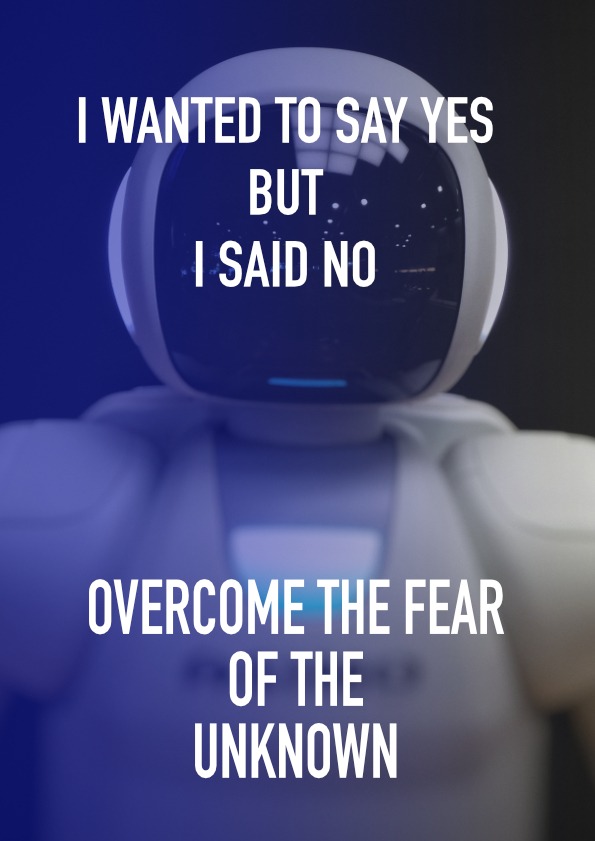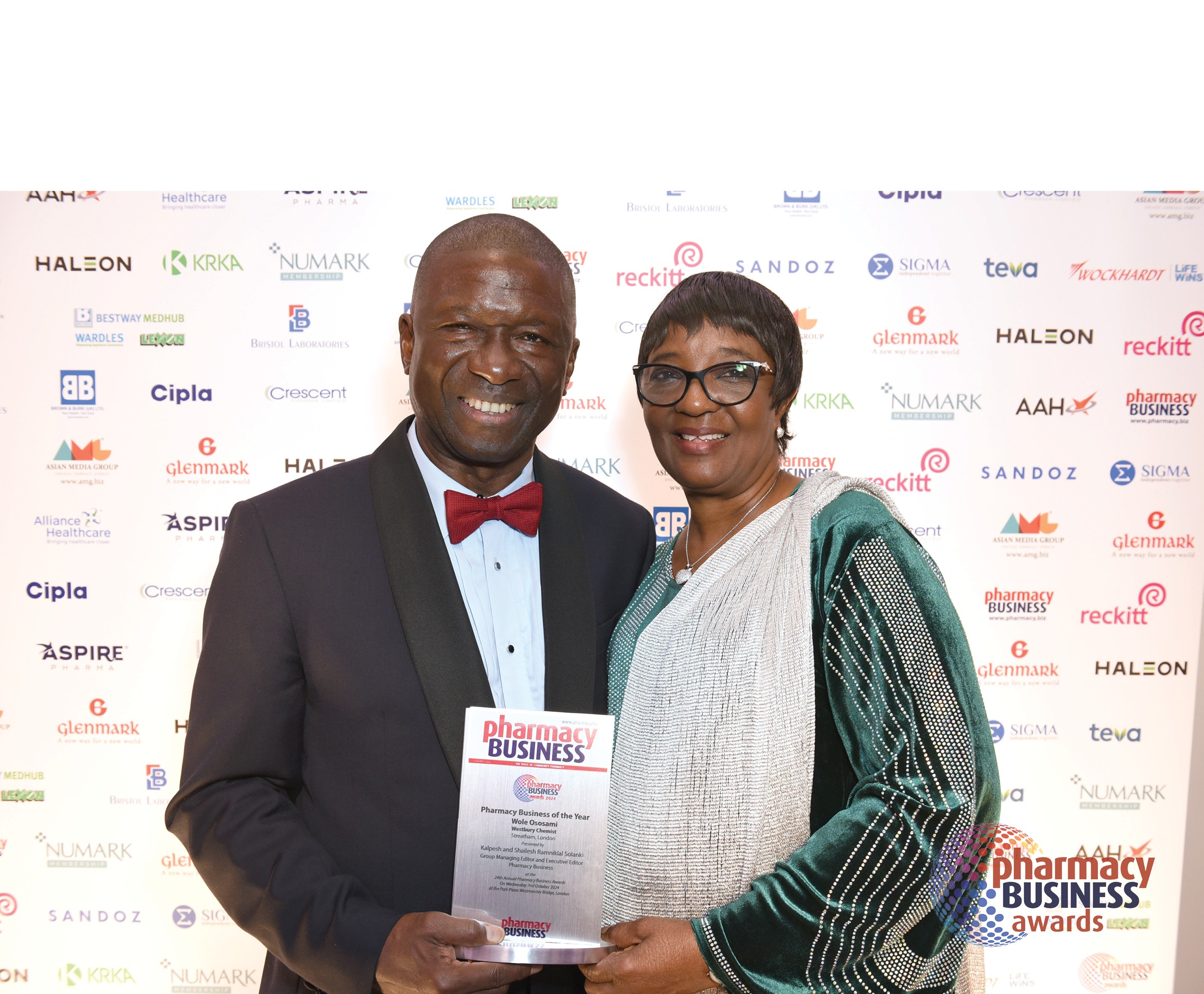Words have power. They have a hold over the speaker and the hearer. And sometimes this can be the same person. It’s not just the external words that we speak that have a hold over us; it’s the internal dialogue going on in our head that is the most destructive.
How many times have you wanted to say no, but you said yes; or how many times did you want to say yes, but you said no.
We self-talk ourselves out of opportunities and we walk with our eyes wide open into closed doors all because we couldn’t follow our gut feeling and do or say what is actually on our mind.
Negative Self-talk
I think this destructive behaviour is one of the things that hold us back from living our best life. Negative self talk is a destructive behaviour that needs to be dealt with to minimise its impact on our lives.
As children, we were told not to do this or that. All we can remember growing up are all the things we should not do. Even as a parent all I hear myself say is “no you can’t do this” and “no you can’t have this”. Just like I grew up, my children must have grown up remembering all the things they were told not to do. And so they avoid taking risks or stepping out to do things even when they are sure of it.
Life Experiences
Our life experiences further reinforce our negative mindset. If we hear about a roller coaster accident in the news, our fear of roller coasters become reinforced, and we become even more determined not to ride on a roller coaster just in case we get caught up in an accident.
As adults, negative self-talk holds us back from achieving our potential. We want to start a new business, and all we can remember are the stories about all the companies that have failed. Of course, these are real stories, and there is the real possibility that our new venture may fail. Then again, it may not fail. A balanced perception of risk is crucial to our chances of success. Indeed, the game of success is underpinned by bets and risk analysis.
Pause and think, before you say “ I can’t do it”
Maybe your venture is going to be among the ten percent that succeeds. The challenge is that you are never going to find out until you do it. You never step out, and you never find out. And we now make it our responsibility to talk everyone else out of their dream of starting a business. Just because we could not do it or someone else we know could not do it we assume that no one can do it.
So let me share with you my five top lessons for overcoming the fear of the unknown.
#1. Take little steps
In his book “Little Bets”, Peter Simms argues that in the fast-moving world that we live in, it is next to impossible to know what’s around the corner. It is also difficult to create a foolproof plan that will work out all eventualities. In other words, it’s a waste of your time to wait for or try to predict the perfect conditions for stepping out. You will have to take little steps or make small bets that can or may result in manageable losses. You have to accept that uncertainty is a fact of life. We must continue to build our big plans for what we want to do or achieve in the future.
You must also understand that the only way to make those big dreams come true is to take little steps. You do not have to have everything worked out. You have to take the next step. If the next step is to do some research and write a plan, then do that.
#2. Embrace failure
See failure as an opportunity to learn, improve and grow. If you have never failed in anything or all your failure has been in private, then might I say that you are still well within your comfort zone. You are playing it too safe, and you need to be bold and do that thing that has been on your mind for a long time. Do not take failure personally. Protect your self-esteem. You as a person are not a failure. Your new venture or untested ideas can and may fail. Don’t let the fear of failure keep you from stepping out or stepping forward.
I have started a few businesses that have failed, and I have done one or two that have succeeded. For me, the secret is to avoid the significant losses that wipe you out of the game. There will be a few small wins that you recover your initial investment. There will be a few small losses where you can write off the time, money and effort spent as research and development. You learn some lessons, and you move on to the next project.
#3. Be flexible and be ready to change course
Since you are taking little steps and you embrace failure, you will at some point reach an impasse. You don’t have to know what to do, all you have to know is what to do next and then next and next. When you get stuck, pause and think. Keep thinking until you find a solution. The solution may be to persist until you see a way forward. It may also be to look for alternative paths forward or sometimes to pack it up and accept that this venture is not for you.
The challenge is knowing when to persist and when to give up? Being flexible means that you can always re-evaluate your decisions with the benefit of hindsight and new information.
#4. Don’t be a perfectionist
Cut yourself some slack and accept the fact that your product or service will not be good enough from day one. Stop the self-criticism and self-judgement and let the market give you it’s feedback. And it does not matter how much you try; you are never going to be good enough for everybody.
But you will be good enough for some people, and those people cannot find you if you do not ship your product. So write that book, write that blog and give that speech. Then sit down receive the feedback, get better and write the next one. The drive to succeed and become perfect often leads to procrastination and inaction. To be imperfect is to be human.
#5. Believe in yourself
This may sound like a cliche, but it is essential to be optimistic and have the belief that you can achieve what you have set out to do. You have to protect yourself from anything that will make you lose your self-confidence.
Read books about achievers, listen to inspirational talks and hang around people that make you feel good about yourself. Avoid negative people who talk themselves and others down. Set big goals for yourself and take little steps towards achieving your big dreams.
The small wins that come from taking little steps are self-reinforcing. They build your confidence and sense of success and achievement. You will need this confidence when you get stuck which is inevitable.
Be a role Model for Success
The world needs to see the successful you. You cannot hide behind the fear of the unknown. You owe it to yourself and to the next generation to be a bigger and better person than you are right now. Your past wins or losses are not an indicator of your future success. Say ‘Yes I can’ from a position of faith and not fear.
Stand up, stand out and be one of the few positive role models that our world needs.







